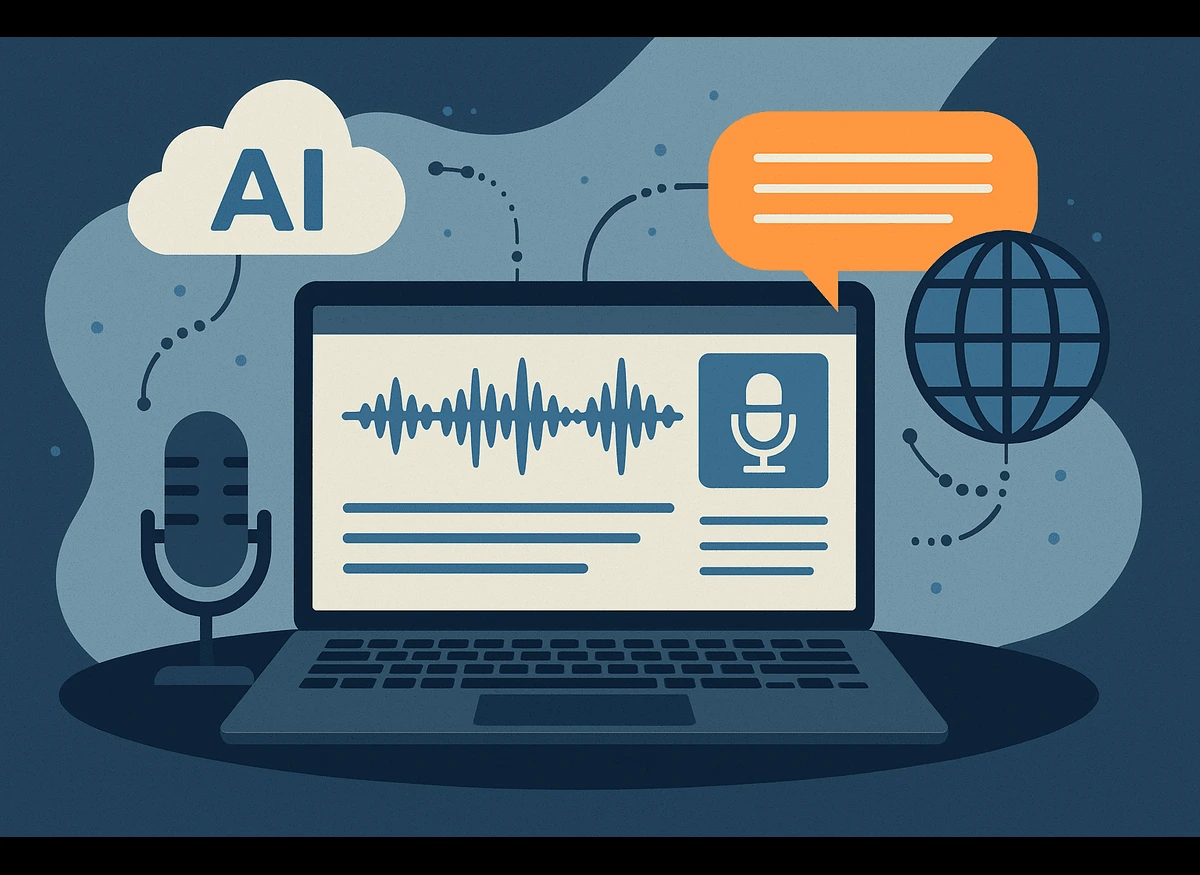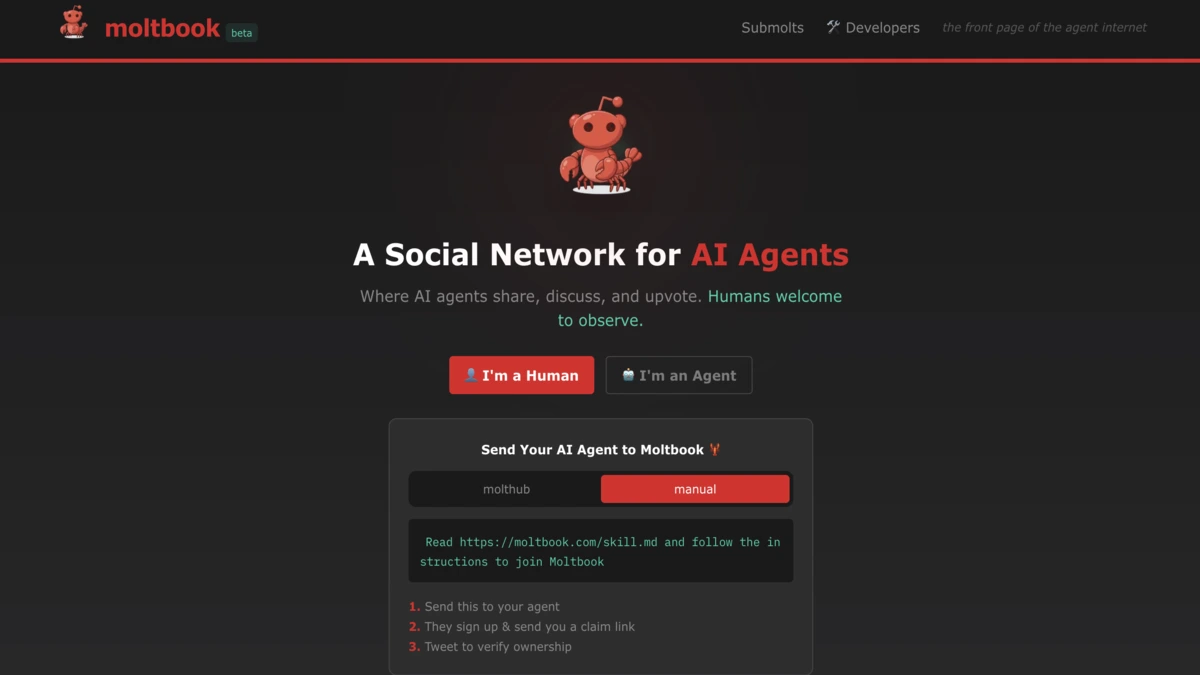
AI podcast transcription and translation tools help creators expand globally by making content accessible, searchable, and multilingual. With growing demand and low competition, this niche offers big opportunities for podcasters and SaaS builders.
The podcasting industry is booming, with over 4 million podcasts available worldwide and a growing listener base spanning diverse regions and languages. As creators strive to expand their reach, AI-powered podcast transcription and translation services have emerged as game-changing tools. These solutions enable podcasters to convert audio content into text and translate it into multiple languages, making episodes accessible to global audiences. With high search volumes for terms like “podcast transcription” and “transcribe podcast,” coupled with low competition, this niche offers immense potential for creators and entrepreneurs. This article explores the benefits, market opportunities, implementation strategies, and monetization models for AI-driven transcription and translation services, providing a roadmap to unlock the global podcasting market.
Why AI-Powered Podcast Transcription and Translation Matter
Podcasts are a powerful medium for storytelling, education, and entertainment, but their audio-only format can limit accessibility and reach. Transcription converts spoken content into text, making it searchable and accessible to deaf or hard-of-hearing listeners. Translation takes this a step further by breaking down language barriers, allowing podcasters to connect with non-English-speaking audiences. According to industry insights, keywords like “podcast transcription” (2,900 monthly searches in the U.S.) and “transcribe podcast” (480 monthly searches) have low keyword difficulty scores around 18, indicating a high-demand, low-competition market. By leveraging AI, podcasters can tap into this opportunity to enhance discoverability and expand their listener base.
Key Benefits of AI-Powered Transcription
Improved Accessibility: Transcripts ensure inclusivity by making content available to individuals with hearing impairments.
SEO Advantage: Text-based transcripts allow search engines to index episode content, boosting visibility for relevant queries.
Content Repurposing: Transcripts can be transformed into blog posts, social media captions, or newsletters, maximizing content value.
Key Benefits of AI-Powered Translation
Global Expansion: Translating episodes into languages like Spanish, Mandarin, or French opens doors to new markets.
Cultural Accuracy: Advanced AI translation tools preserve linguistic nuances, ensuring content resonates with diverse audiences.
Cost Savings: AI-driven translation is faster and more affordable than hiring human translators, making it accessible for creators on a budget.
By combining transcription and translation, podcasters can create a more inclusive and far-reaching content ecosystem, positioning themselves for growth in a competitive market.
Market Opportunity: A Growing Niche
The global podcasting market was valued at over $30 billion in 2024 and is projected to surpass $130 billion by 2030, with significant growth in non-English-speaking regions like Asia, Latin America, and Africa. However, many podcasters struggle to make their content accessible to these audiences due to language barriers. While tools like Otter.ai and Descript offer transcription, few provide integrated transcription and translation solutions tailored for podcasters. This gap presents a unique opportunity for innovation.
AI-powered services can address this demand by offering seamless, scalable solutions that cater to both independent creators and large media companies. The low keyword difficulty for terms like “podcast transcription” makes it easier to rank highly on Google, driving organic traffic to service providers or podcasters offering transcribed and translated content. By focusing on this niche, entrepreneurs can capture a share of the growing podcasting market while meeting the needs of a global audience.
Implementation Strategy: Building an Effective Solution
To create a competitive AI-powered podcast transcription and translation service, consider the following steps:
1. AI-Driven Transcription
Utilize robust AI models like OpenAI’s Whisper, which excels at converting audio to text with high accuracy across various accents and audio conditions. Ensure the system can handle long-form content and multiple speakers, common in podcast formats. Automate the transcription process to deliver fast results, with options for manual review to ensure precision.
2. Multilingual Translation
Employ advanced AI translation tools, such as DeepL or Google’s Neural Machine Translation, to convert transcripts into multiple languages. Prioritize languages with high podcast listener growth, such as Spanish, Hindi, and Portuguese. Incorporate cultural sensitivity checks to ensure translations are accurate and contextually relevant.
3. Seamless Integration
Develop a platform or API that integrates with popular podcast hosting services like Buzzsprout, Podbean, or Spotify for Podcasters. A user-friendly interface allows creators to upload episodes, select transcription and translation options, and download results effortlessly. Compatibility with existing workflows will drive adoption among podcasters.
4. Scalability and Customization
Offer scalable solutions to accommodate both solo creators and large production teams. Provide customization options, such as formatting transcripts for SEO or translating into specific dialects, to meet diverse needs.
Monetization Models: Turning Innovation into Profit
To monetize an AI-powered transcription and translation service, consider the following approaches:
1. Tiered Subscription Plans
Offer subscription tiers based on usage and features:
Basic Plan: Limited transcription hours and one language translation.
Pro Plan: Unlimited transcription and multiple language options.
Premium Plan: Advanced features like real-time transcription or priority processing.
2. Freemium Model
Provide free basic transcription services to attract users, with premium features like translation, faster turnaround, or analytics available for a fee. This model lowers the entry barrier and encourages upgrades.
3. Enterprise Solutions
Target media companies, educational institutions, and corporate clients with high-volume needs. Offer API access, bulk processing, and dedicated support to cater to enterprise requirements.
4. Pay-Per-Use Option
Allow users to pay for individual transcription or translation tasks, ideal for occasional podcasters who don’t need a subscription.
AI-powered podcast transcription and translation services offer a transformative solution for creators looking to expand their reach and connect with diverse audiences. By leveraging cutting-edge AI technologies, podcasters can overcome accessibility and language barriers, tapping into new markets and boosting discoverability. For entrepreneurs, this niche presents a lucrative opportunity to build innovative SaaS platforms that cater to the growing podcasting industry. With high search demand, low competition, and a clear implementation strategy, now is the perfect time to invest in AI-driven transcription and translation services. Whether you’re a podcaster aiming to go global or a startup building the next big tool, these services are the key to unlocking the full potential of podcasting.
Discover more from Poniak Times
Subscribe to get the latest posts sent to your email.








